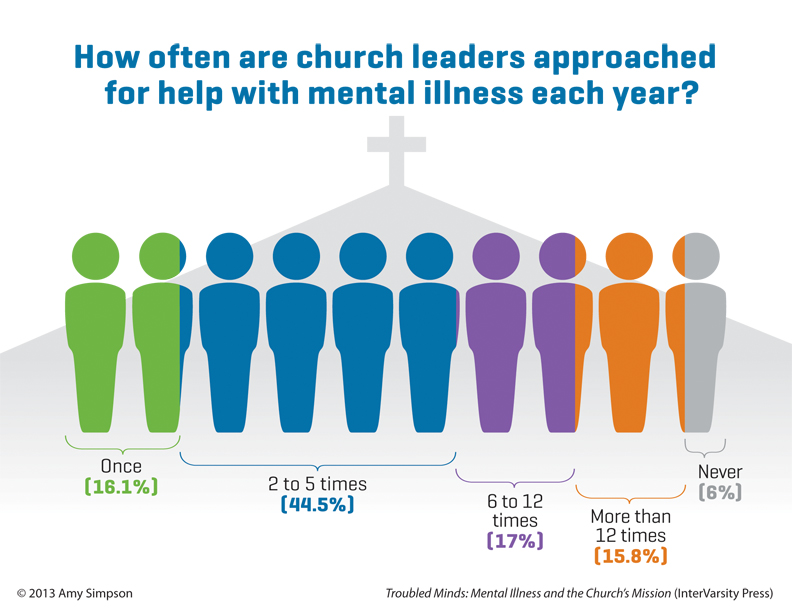Discover The Fascinating Development Of Catholic Colleges And Their Extensive Impact On Education-- Could Their Practices Hold The Crucial To Future Understanding?
Discover The Fascinating Development Of Catholic Colleges And Their Extensive Impact On Education-- Could Their Practices Hold The Crucial To Future Understanding?
Blog Article
Web Content By-copyright Bell
When you consider the background of education and learning, Catholic colleges stand out for their deep-rooted practices and lasting influence. These organizations started as a means to infuse belief and worths, but they've adapted remarkably over centuries. Today, they play a critical role in shaping not just scholastic success however also moral integrity. What's fascinating is exactly how they've handled to grow amidst changing social landscapes, questioning concerning their future significance and influence.
The Beginnings of Catholic Education And Learning: A Historic Viewpoint
Catholic education traces its origins back over 1,500 years, when early Christian areas recognized the demand for structured knowing. You'll locate that these neighborhoods aimed to hand down their belief and worths via education and learning.
Monasteries and cathedral schools came to be facilities of understanding, supporting both spiritual and intellectual growth. As you dig much deeper, you'll see that the educational program frequently consisted of viewpoint, theology, and the liberal arts, designed to form well-rounded individuals.
In time, the Church established much more official institutions, making certain that education continued to be easily accessible to all. The dedication to mentor ethical worths and promoting a feeling of neighborhood has lingered through the centuries, forming the instructional landscape and affecting plenty of lives worldwide.
This enduring heritage continues to inspire Catholic education today.
The Evolution of Catholic Schools With Social Contexts
As cultures advanced, so did the duty of Catholic colleges, adjusting to the social contexts in which they existed. In the early years, these establishments focused mostly on spiritual direction, however as areas branched out, they started to incorporate neighborhood languages, customs, and instructional needs.
You would certainly see that Catholic colleges usually ended up being centers for social communication, cultivating a sense of belonging among students from various histories. In many areas, they attended to social concerns, such as destitution and discrimination, by offering obtainable education and learning for all.
As you explore different societies, you'll see how Catholic colleges have actually changed their curricula and training techniques, showing the values and obstacles of their environments while holding to their foundational objective of confidence and scholastic quality.
The Modern Duty and Impact of Catholic Schools in Culture
In today's world, Catholic institutions play an essential duty in shaping not simply the instructional landscape, yet also the broader community.
High School Christian high schools Near Traverse City 'll discover that these institutions emphasize values like regard, compassion, and social justice, fostering all-round people who add favorably to society. By concentrating on academic excellence and moral development, Catholic institutions prepare pupils for future obstacles, nurturing important reasoning and management abilities.
They frequently offer varied populations, bridging spaces in accessibility to top quality education. In addition, you might observe their dedication to service, motivating students to take part in area outreach and volunteer job.
This blend of education and ethical assistance makes Catholic institutions a considerable force, cultivating liable citizens that can influence their communities right.
Final thought
To conclude, Catholic colleges have an abundant history that's shaped their enduring impact on society. https://www.wgbh.org/news/local-news/2021/05/12/cape-cod-church-explores-reparations-for-sins-of-its-history 've seen just how they have actually adapted to various social contexts while maintaining a dedication to confidence, values, and scholastic quality. Today, they continue to play a crucial role in fostering neighborhood, advertising social justice, and nurturing accountable people. As you reflect on their heritage, it's clear that Catholic colleges continue to be a powerful force for positive modification on the planet.
